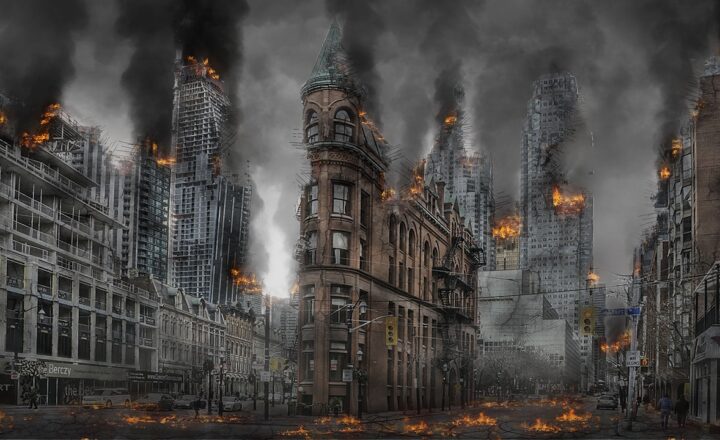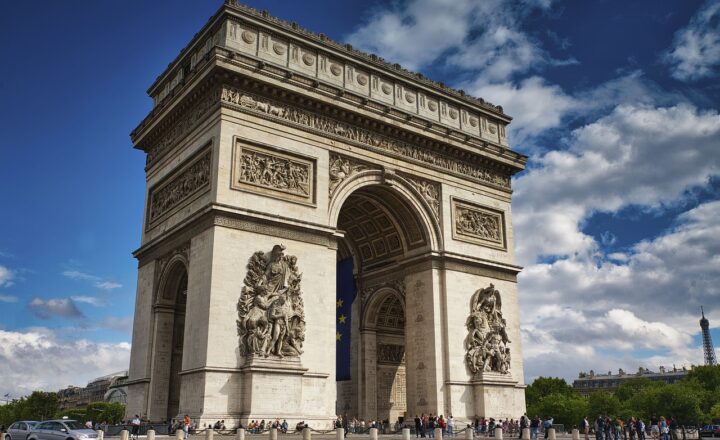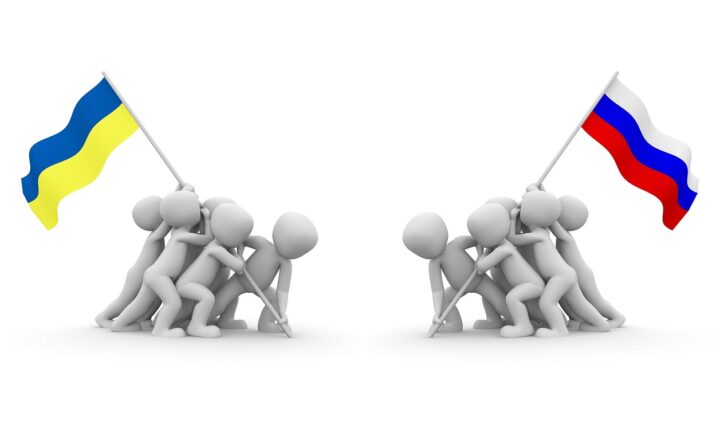
Throughout history, battles have been more than just clashes of armies; they have been events that shaped nations and their futures. This article examines several iconic conflicts that not only determined military victors but also laid the groundwork for the political landscapes of entire countries. From the ancient world to modern times, these battles have had profound impacts on national identities, borders, and ideologies.
1. The Battle of Thermopylae (480 BC)
The Battle of Thermopylae is one of ancient history’s most famous last stands. During the Greco-Persian Wars, a small Greek force led by King Leonidas of Sparta made a valiant stand against the massive Persian army of King Xerxes. This battle, while a tactical defeat for the Greeks, became a symbol of bravery and the fight for freedom. Leonidas and his soldiers fought courageously at the narrow pass of Thermopylae, buying time for the rest of Greece to unite against the Persian threat.
The aftermath saw a strengthened resolve among the Greek city-states, leading to victories at the Battle of Salamis and ultimately, the end of the Persian invasion. The legacy of Thermopylae transcended its time, embodying the spirit of resistance against tyranny and oppression.
2. The Battle of Hastings (1066)
The Battle of Hastings in 1066 marked the beginning of Norman rule in England, fundamentally altering the course of English history. William the Conqueror defeated King Harold II, asserting his claim to the English throne. This battle was not just a military engagement but a political turning point that led to significant changes in governance, culture, and society within England.
Post-Hastings, William implemented the feudal system, introduced Norman culture and language, and commissioned the Domesday Book, which laid the groundwork for future taxation and administration. The implications of this battle reshaped England’s identity, and the influence of Norman culture is still felt today.
3. The Battle of Waterloo (1815)
The Battle of Waterloo is infamous for ending the Napoleonic Wars and marked the final defeat of Napoleon Bonaparte. In June 1815, British, Belgian, Dutch, and Prussian forces united to confront Napoleon’s army in what would be a defining moment in European history. The defeat of Napoleon not only ended his empire but also paved the way for a new balance of power in Europe.
This battle led to nearly a century of relative peace in Europe, known as the Congress of Vienna, where the great powers cooperated to maintain order and prevent future conflicts. Waterloo solidified Britain’s status as a global power and marked the evolution of modern warfare and military strategy.
4. The American Civil War: The Battle of Gettysburg (1863)
The Battle of Gettysburg is often described as the turning point of the American Civil War. Fought over three days in July 1863, this battle resulted in a decisive victory for the Union forces, which bolstered Northern morale and significantly weakened the Confederate army. Gettysburg was not only a military turning point but also a cultural one, as President Abraham Lincoln’s Gettysburg Address redefined the purpose of the war, emphasizing unity and a new birth of freedom.
The implications of this battle extended beyond the battlefield; it helped shape the national identity of the United States and underscored the importance of issues such as civil rights and equality, which remain relevant in contemporary discussions.
5. World War II: The Battle of Stalingrad (1942-1943)
The Battle of Stalingrad is often considered one of the most brutal confrontations in history, marking a crucial turning point in World War II. The Soviet Union’s victory over Nazi Germany in this battle not only halted the German advance into Eastern Europe but also began a series of offensives that would ultimately lead to the Allied victory in Europe.
The resilience demonstrated by Soviet troops and civilians during the siege became a symbol of national pride and determination. The battle reshaped the geopolitical landscape of Europe, leading to the division of the continent during the Cold War. The legacy of Stalingrad endures as a testament to the costs of war and the fight for freedom against tyranny.
6. The Battle of Midway (1942)
The Battle of Midway was a pivotal naval battle in the Pacific Theater during World War II. In June 1942, American forces achieved a significant victory against Japan, effectively turning the tide of the war in the Pacific. This battle is notable not only for its military significance but also for the use of intelligence and strategy, demonstrating the importance of information warfare.
The failure of Japan to secure Midway Island meant that they could no longer sustain their offensive capabilities, marking the beginning of a series of American victories that would lead to Japan’s eventual defeat. Midway reshaped U.S. naval strategy and underscored the necessity of aircraft carriers in modern warfare.
Conclusion
Battles throughout history have been instrumental in shaping nations and their trajectories. From the valor displayed in small skirmishes to the extensive strategies employed in massive conflicts, every battle has left a scar on the land and soul of nations. They have defined borders, forged identities, and influenced future generations. Understanding these iconic conflicts allows us to appreciate the complexities of historical narratives and their relevance to today’s world. As we reflect on these pivotal moments, we must remember that the lessons learned continue to resonate, shaping our understanding of conflict, peace, and nationhood in modern society.







